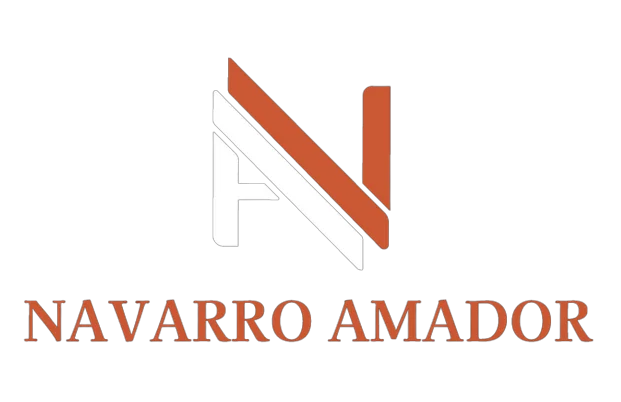Experience shows that when the Tax Administration conducts audits of companies’ Income Tax, the most common adjustments made are to EXPENSES, which consequently increase the taxpayer’s taxable income and result in the payment of higher taxes than those declared and paid.
In Nicaragua, the Income Tax (IR) for Economic Activities is 30% of the NET INCOME, which is determined using the following formula:
NET INCOME = GROSS INCOME (TAXABLE REVENUE) – DEDUCTIBLE COSTS AND EXPENSES
INCOME TAX = 30% OF NET INCOME
It is therefore essential, in order to determine Net Income and the tax payable according to the above formula, to understand what constitutes a DEDUCTIBLE EXPENSE.
The Tax Coordination Law clearly specifies in Article 39 a list of expenses considered DEDUCTIBLE, which in general are all expenses paid or incurred during the taxable year in any business or activity subject to tax expenses that are general, necessary and normal to produce the company’s taxable income and to maintain its operation and existence.
Specifically, Article 39 states:
“Art. 39 Deductible costs and expenses. Deductible costs and expenses are those incurred, general, necessary, and normal to produce taxable income and to preserve the entity’s existence and operation, provided that such costs and expenses are recorded and supported by the corresponding documentation. Among others, the following costs and expenses are deductible from gross income:
- Expenses paid or incurred during the taxable year in any business or activity subject to the tax;
- The cost of goods sold and the cost of services rendered; …”
However, it is not enough that the expense incurred by the company be necessary to generate taxable income or that it appears on the list provided in the article itself; it must also meet other SINE QUA NON requirements (those without which it cannot be considered indispensable), which determine whether the expense may be deducted for the purpose of reducing net income.
Article 42 of the Tax Coordination Law, in conjunction with Article 31 of its Regulations, expressly sets out the requirements that must be met for the deduction of costs and expenses to be accepted as deductible for Income Tax purposes, as follows:
-
- The proper withholding of income tax at the source for the expense incurred must have been made and that withholding must have been paid to the General Directorate of Revenue (DGI).
-
- The expense must be supported by documentation that includes the taxpayer’s name, RUC, or ID number, as applicable. Such documentation may include invoices authorized by the DGI, public deeds, private contracts, and properly authorized machine tapes.
“Art. 42 Requirements for deductions. The deduction of the costs and expenses mentioned in Article 39 of this Law shall be accepted only if, collectively, the following requirements are met:
-
- Having made the withholding, payment to the Tax Administration has been remitted; the expense will be deductible in the fiscal period in which the withholding or contributions are paid; and
- They are supported by the corresponding documentation…”
After analyzing the above, we can conclude that there are four main requirements that costs and expenses must meet in order to be considered DEDUCTIBLE for Income Tax purposes.
The 4 Requirements
-
- The expense must belong to the fiscal period in which it is intended to be deducted.
- The corresponding withholding at the source must have been made and paid to the Tax Administration; otherwise, the expense will be deductible in the period when such withholding is remitted.
- It must be duly recorded in the accounting books and properly supported by documentation.
- It must contribute to generating the company’s taxable income.




